Electoral success a temporary substitute for Israel-Gaza consensus as caucus quiet on sanctions, say Liberal sources
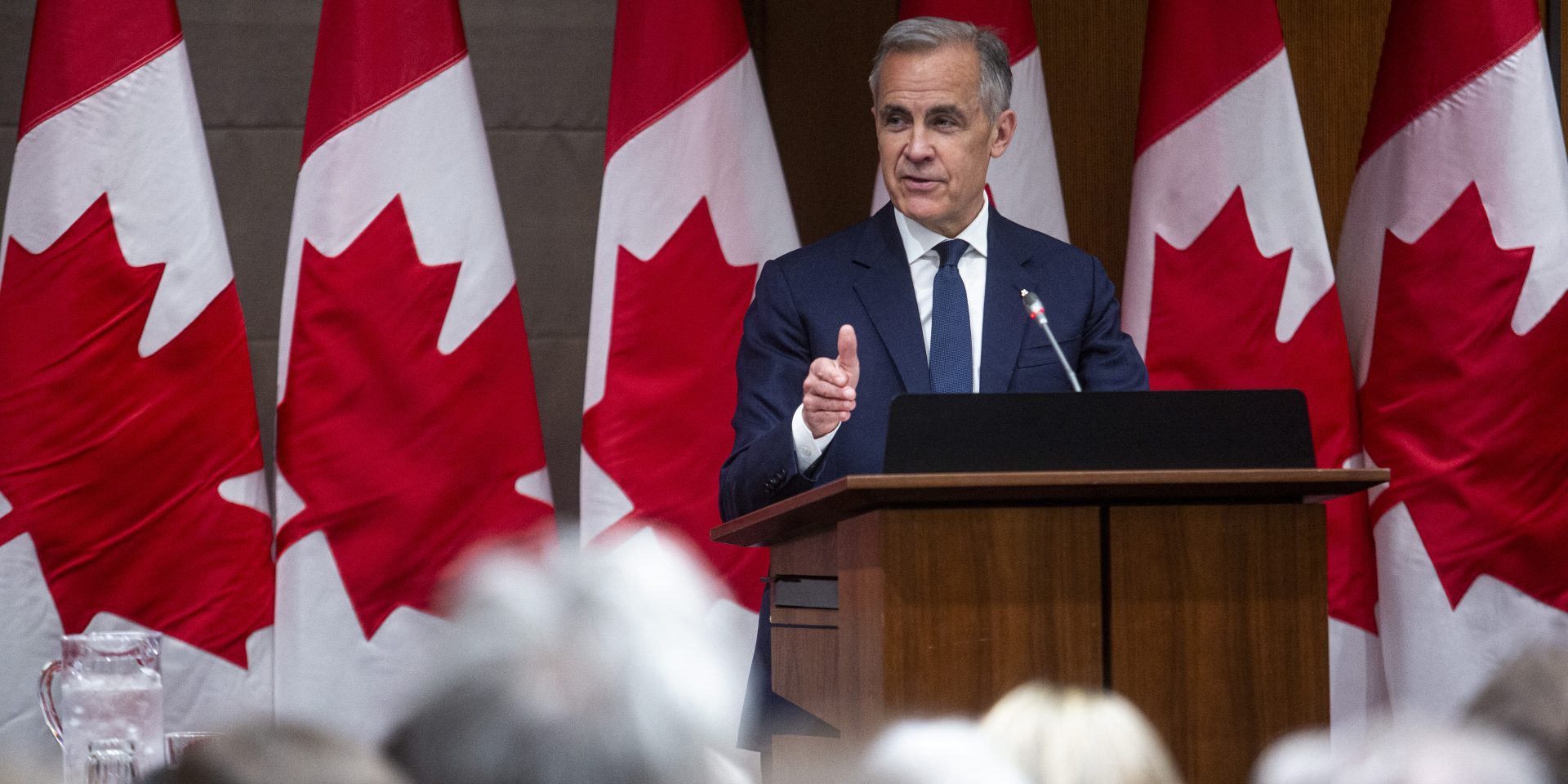
Prime Minister Mark Carney’s approach to the Israel-Palestine conflict may not be making everyone happy, but his recent election victory and the United States’ one-sided position will keep internal divisions and caucus complaints under control so long as his polling remains high, say Liberal sources. And as the Carney government searches for its “north star” on the issue, foreign policy expert Thomas Juneau says the government seems more focused on managing international relations rather than “domestic performance.”
Liberal sources who spoke with The Hill Times on a not-for-attribution basis to speak freely said that while tensions over the conflict remain within caucus, given his upset election victory and strong polling numbers, it’s no longer “open season” on Carney (Nepean, Ont.) as it was in the latter months of his predecessor Justin Trudeau’s time in office. Additionally, many of those who would usually be the most vocal have either been quieted by cabinet or parliamentary secretary positions, or are still holding out hope for a promotion in a future shuffle.
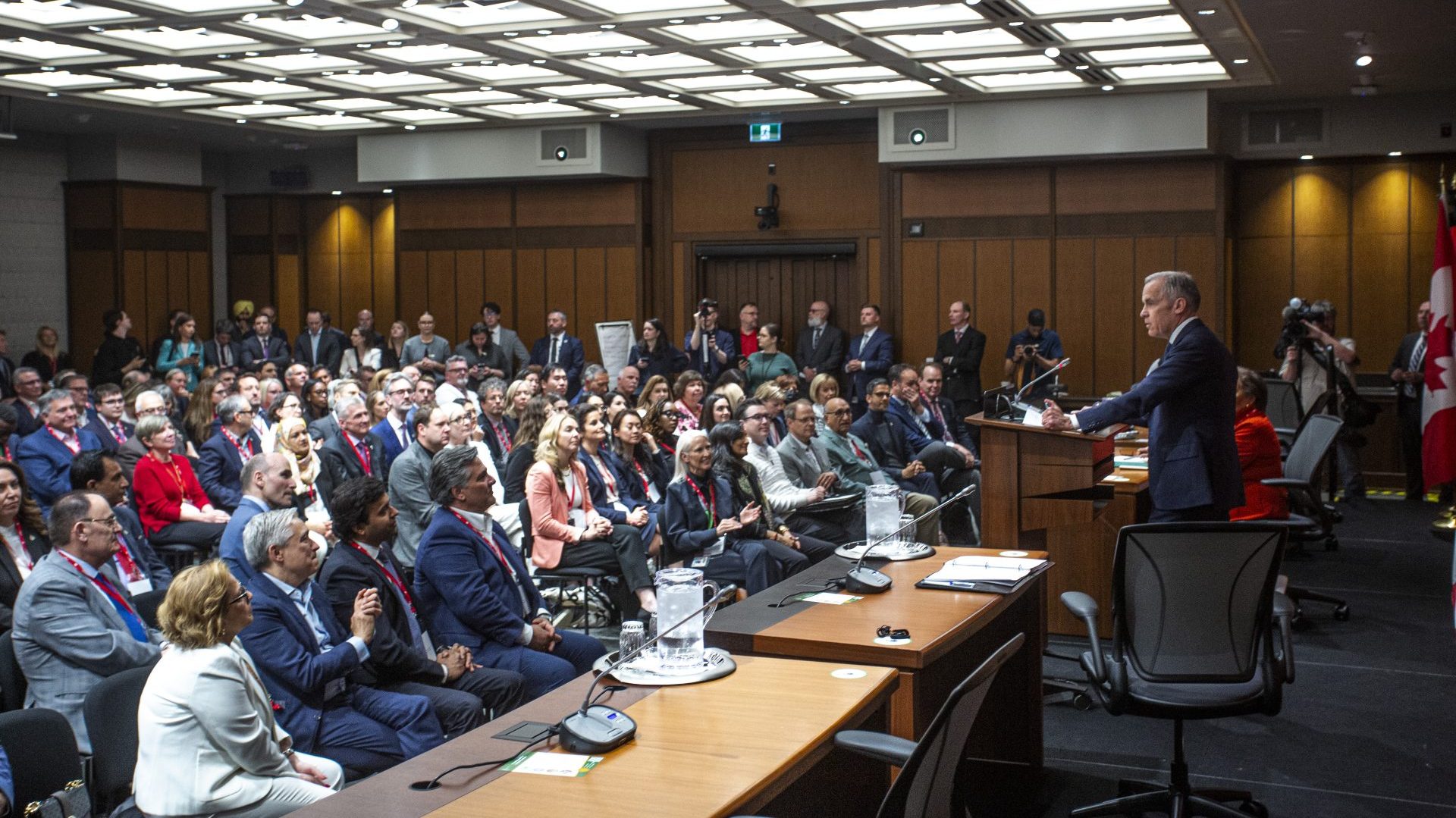
While Trudeau had increasingly allowed his caucus and cabinet members to freelance on the issue in the media, one senior government source said that, as with a range of files, once Carney has made a decision that he views is best for Canada, outside of consulting with his inner circle and relevant ministers, he is far less interested in debating with caucus or trying to “keep both sides happy.”
Additionally, sources told The Hill Times that the recent election results in Canada and the return of U.S. President Donald Trump altered the pressure caucus members feel to speak out and their perspectives on Carney’s approach.
“The Trump factor is big on this issue,” said one Liberal Party official and campaign organizer, noting that unlike before the 2024 U.S. election when Trudeau was facing similar pressure from his party as then-president Joe Biden and his vice-president Kamala Harris were facing on the campaign, after Trump’s victory and his more extreme pro-Israel positions, many Liberals can only “count their blessings” when compared to Carney.
Additionally, while Liberal caucus members on either side of the issue have deeply held personal views on the conflict, the source said that with their re-elections secured, there is less pressure from their constituents to distance themselves from the party’s position, which would only hurt their chances of advancing to cabinet or retaining their current spot.
Last week, in co-ordination with the governments of Australia, the United Kingdom, New Zealand, and Norway, Canada announced it would be applying sanctions against Israeli National Security Minister Itamar Ben-Gvir and Finance Minister Bezalel Smotrich for “inciting violence against Palestinians” in the West Bank, its fourth round of sanctions targeting extremist settler violence.
A statement released by Global Affairs Canada detailing the sanctions described the two ministers as playing a “crucial role in facilitating the significant expansion of settlements and outposts in the West Bank, offering political cover to perpetrators of settler violence, and actively contributing to a more permissive environment for higher levels of harassment and violence by Israeli extremist settlers against Palestinian civilians.” Additionally, the statement notes that while the sanctions are related to the West Bank, they “cannot be seen in isolation from the catastrophe in Gaza.”
Speaking to reporters on June 10 following a Liberal caucus meeting, Foreign Affairs Minister Anita Anand (Oakville East, Ont.) officially announced the sanctions, calling extremist settler violence “a threat to the safety and security of Israelis and Palestinians” that prolongs the existing conflict, and “erodes the path to a two-state solution.”
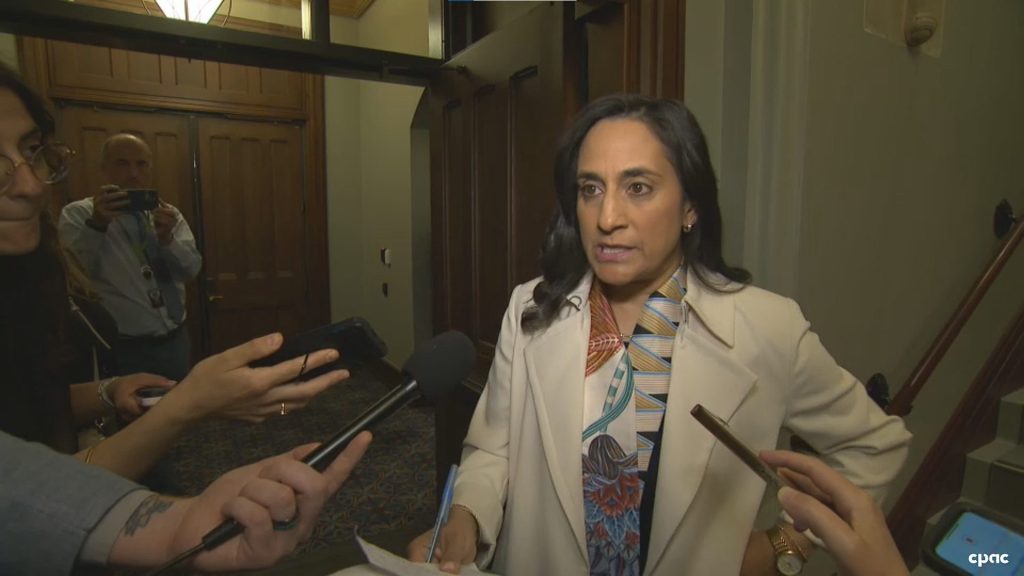
Anand also pointed to a previous joint leaders statement on May 19 by Carney alongside U.K. Prime Minister Keir Starmer and French President Emmanuel Macron threatening “concrete action” if Israeli Prime Minister Benjamin Netanyahu’s government did not stop its renewed military offensive in Gaza, lift restrictions on humanitarian aid into the region, or fail to halt further settlement activity in the West Bank.
When asked whether Canada has plans to sanction Netanhayu, who appointed the two ministers to his cabinet, Anand noted that while Ben-Gvir and Smotrich are members of the government, they are not members of Netanyahu’s party, but instead “coalition partners from far-right parties.”
“These measures are directed against individuals who directly contribute to extremist settler violence … not directed against the State of Israel itself,” Anand told reporters, adhering closely to her prepared remarks. “Canada remains unwavering in its support for the State of Israel. Canada remains steadfast in its support for a two-state solution, so that both Israelis and Palestinians can live in peace and security.”
While the move was met with significant criticism from both U.S. Secretary of State Marco Rubio and Israeli Foreign Minister Gideon Sa’ar, as well as the Liberals’ opponents and critics domestically, there was a notable lack of the usual stream of caucus members willing to speak their minds to the media.
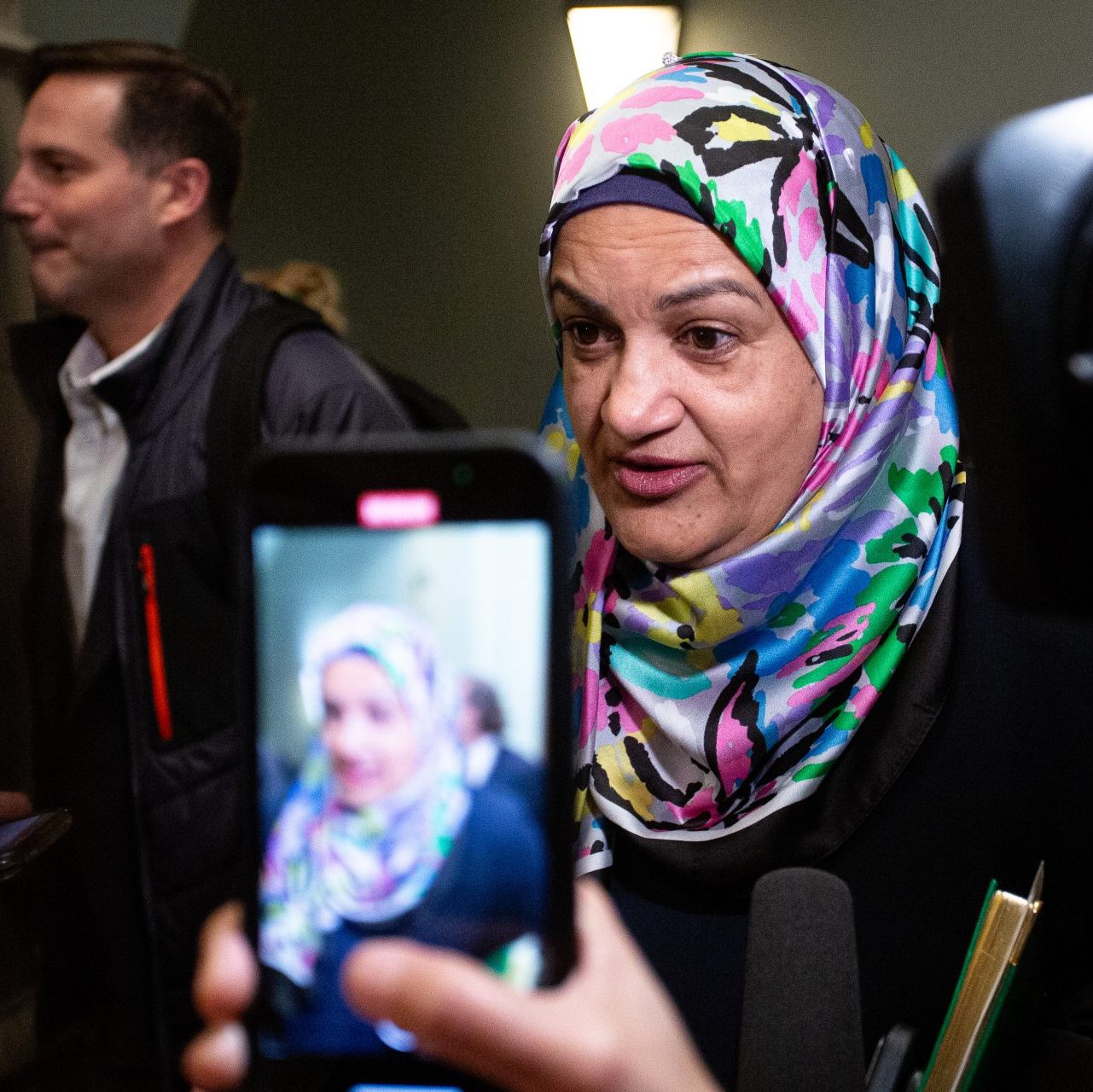
Liberal MP Anthony Housefather (Mount Royal, Que.), a regular and vocal critic of Trudeau’s decisions on the Israel-Gaza war, did not respond to reporters’ shouted questions about his reaction to the sanctions as he arrived at the West Block on June 10, but appeared visibly frustrated.
One of the few Liberals to respond directly to the sanctions that day was Liberal MP Salma Zahid (Scarborough Centre–Don Valley East, Ont.), who called the sanctions “real, concrete, and significant steps that make clear that Canada is backing its words with actions,” noting that Netanyahu’s government had “dismissed” the previous joint statement in May “out of hand.”
“These sanctions are warranted and needed to show that Canada will stand for international law and justice,” Zahid told reporters during a press conference in support of the planned “Global March to Gaza,” which would unsuccessfully attempt to cross the Rafah border in Egypt later that week.
However, when asked whether she views the sanctions as a change in approach to the conflict compared to Trudeau, or why Carney and other members of her caucus resisted labelling Israel’s actions as a “plausible genocide” as she does, pointing to the International Court of Justice’s ruling in January 2024, Zahid merely rephrased her previous response.

“As a member of the Liberal caucus, I will continue to advocate that Canada always stands up for the principle of international law,” Zahid said.
Liberal strategist and former ministerial staffer Dan Pujdak, now a chief strategy officer with Blackbird Strategies, said that while Carney has demonstrated a better understanding and more serious approach to the threat posed by domestic antisemitism, he and his cabinet still have not found their “north star” on the conflict, allowing cabinet ministers “opining on the issue to continue to fuel antisemitism in Canadian streets.”
Pujdak said Anand’s statement on the sanctions had improved since her first foray into the topic as foreign affairs minister on May 14, when she said the Israeli government was using “food as a political tool.” However, her more recent statements in response to the renewed war between Israel and Iran demonstrated that there are still some improvements to be made, he said.
He pointed out that Anand took two attempts to recognize the threat Iran poses not just to Israel, but also to Canada’s interests, and said the more egregious statement came from her parliamentary secretary, Rob Oliphant (Don Valley West, Ont.), who shared comments he had made in the House of Commons in a now-deleted social media post that Canada would use “every diplomatic tool available … to ensure immediate de-escalation” of the tensions with Iran, including the sanctions that had been applied to Smotrich and Ben-Gvir.
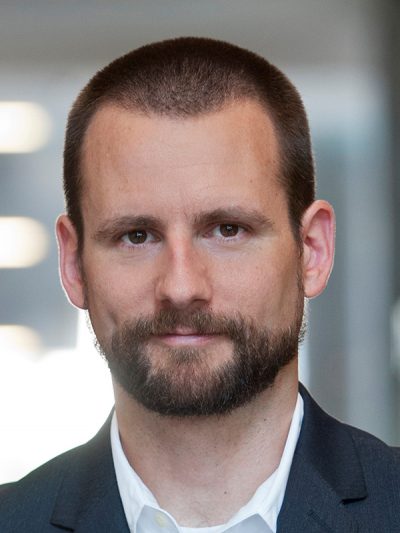
“I sometimes wonder how much this government is focused on Canada’s best interests internationally, and how much it’s focused on diaspora politics,” Pujdak said, adding that he also questions “how well this government understands the international environment” when it finds it difficult “to say that a nuclear-armed Iran would be a serious threat to Canada and our allies.”
Thomas Juneau, a professor of public and international affairs at the University of Ottawa, told The Hill Times that he views the sanctions against the Israeli politicians as more of an effort to manage Canada’s international relations than any internal caucus considerations or “domestic performance.”
While Juneau said the distinction that the sanctions are being applied to individual ministers rather than the state of Israel itself won’t make much of a difference to its supporters in Canada or the U.S., it’s another step in Carney’s efforts to strengthen and diversify Canada’s international partnerships.
“If Canada is to have any impact on an issue like the Israeli-Palestinian conflict or any other international issue, we cannot have any kind of influence on our own,” Juneau explained. “The fact that this was done with those allies suggests that the foreign policy angle is being taken more seriously.”
Additionally, Juneau said that the co-operation with allies suggests that Carney is more focused on what substantive actions his government could take to address the issue than Trudeau’s more performative overtures.
“Trudeau tried to make everyone happy, but his approach had very little substance and made everybody, at least, partially unhappy,” Juneau said. “It’s too early to say if Carney will or won’t fall into that trap, but in this case, there is substance.”
sbenson@hilltimes.com
The Hill Times






 LICENSING
LICENSING PODCAST
PODCAST ALERTS
ALERTS













